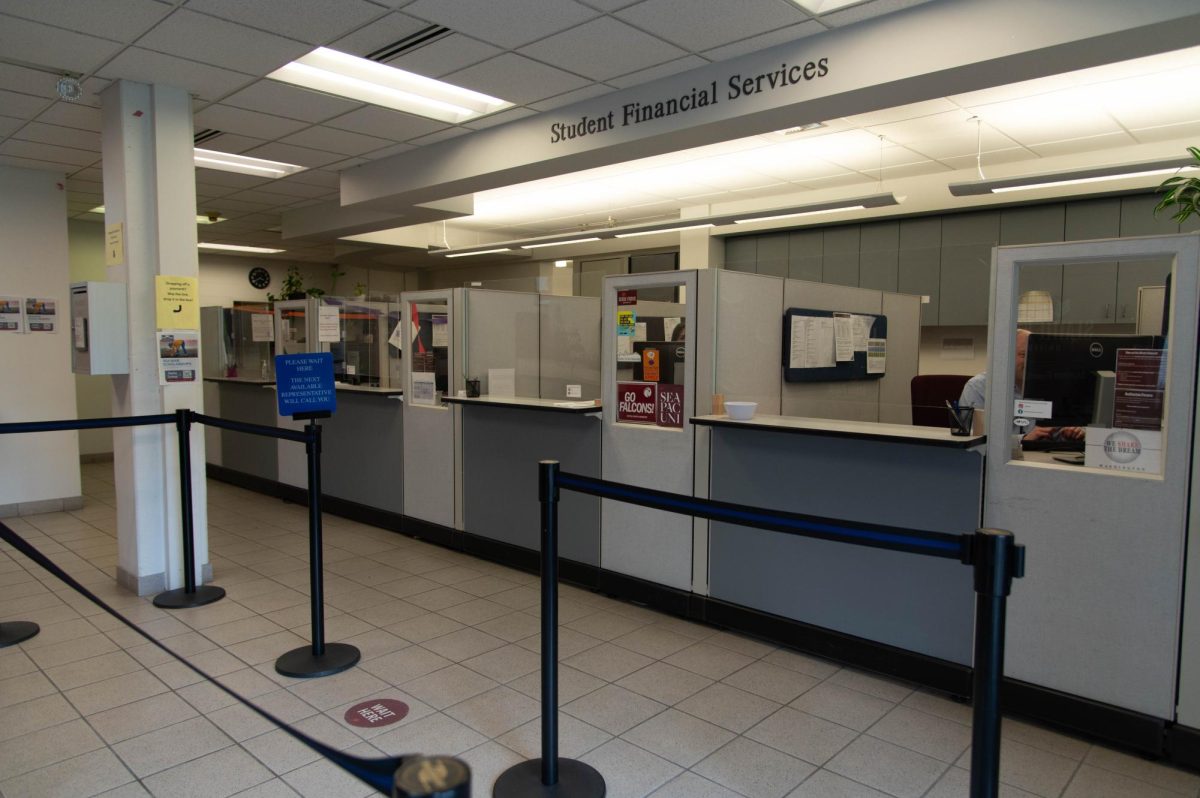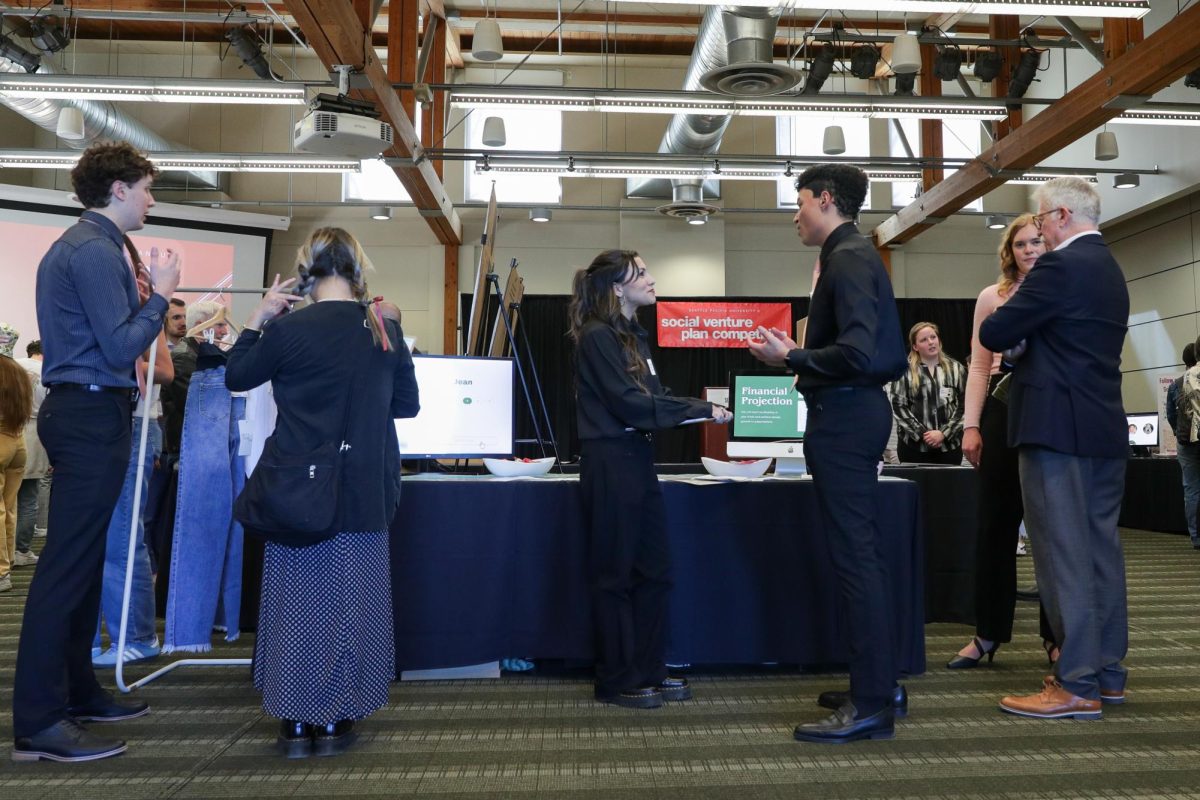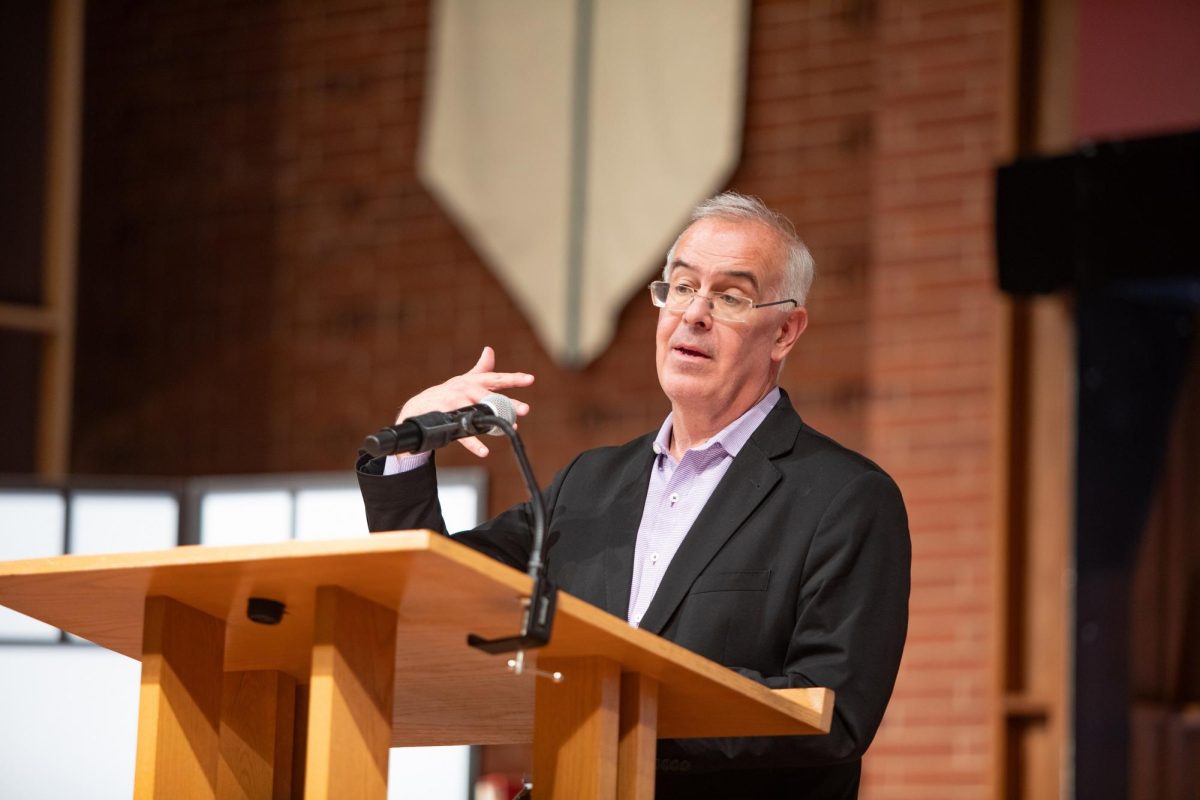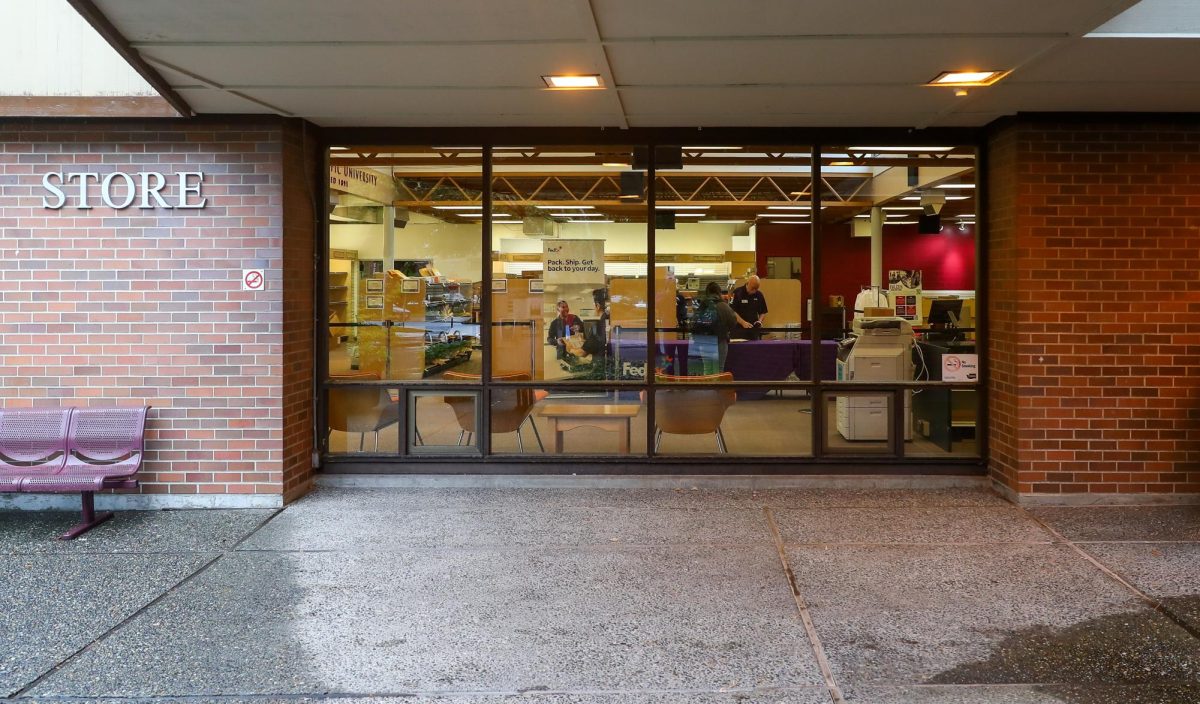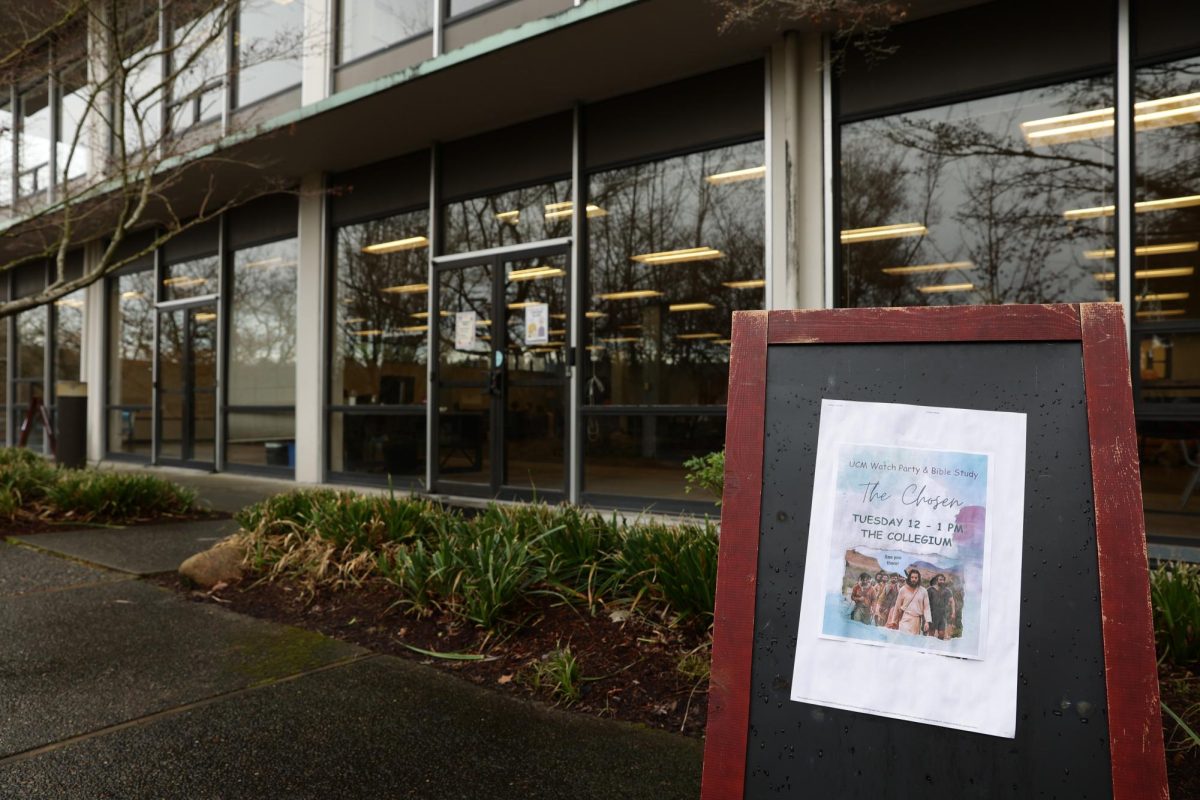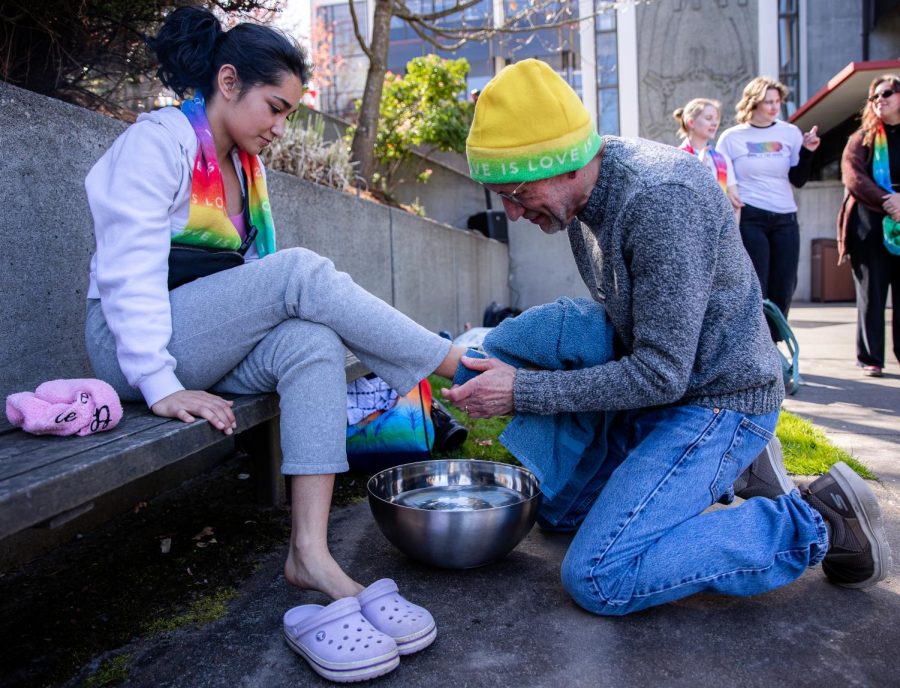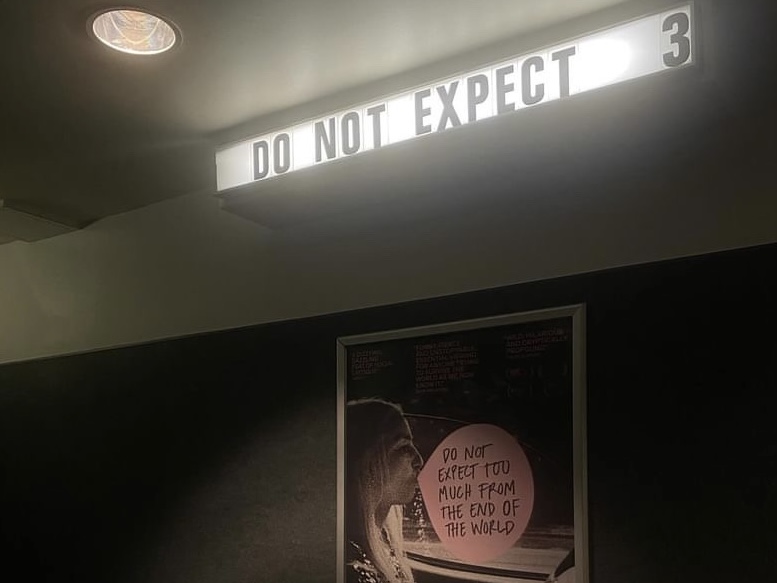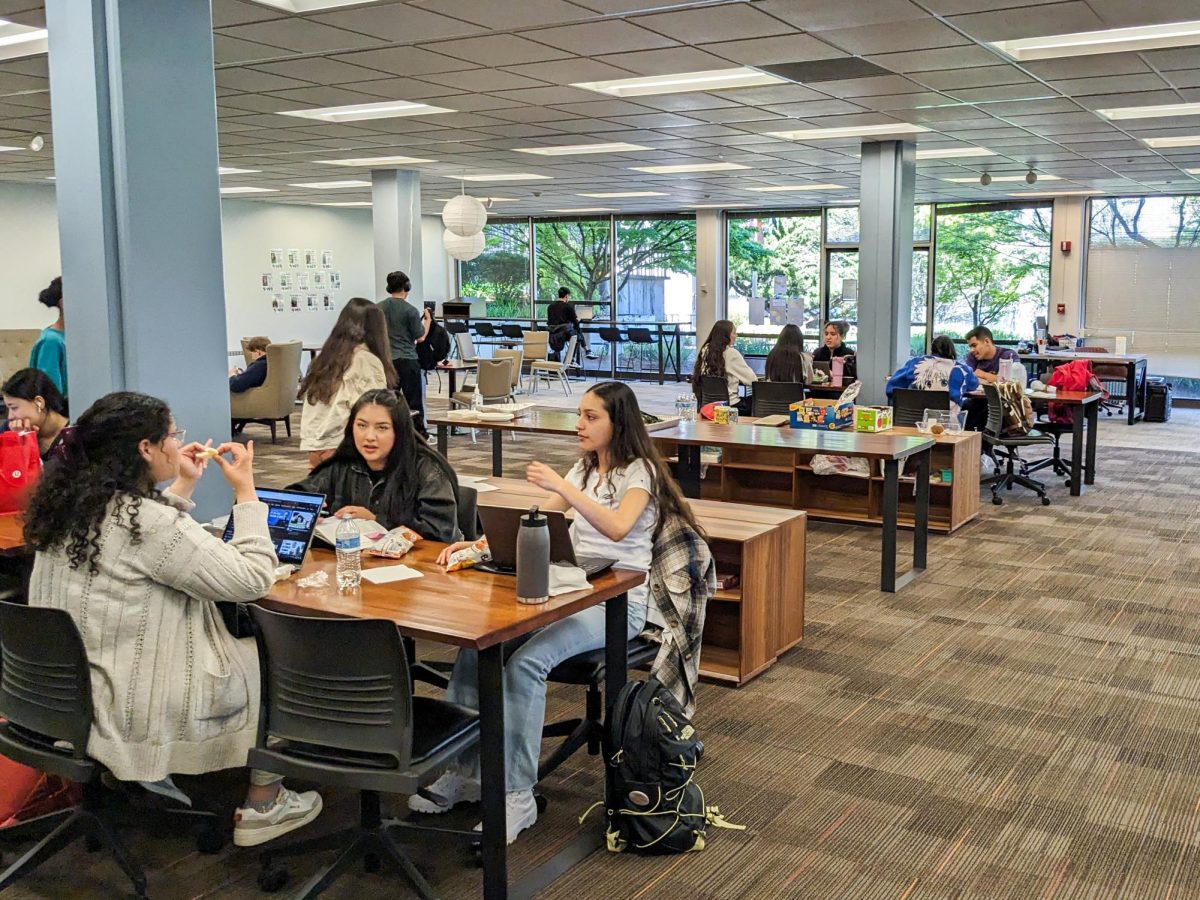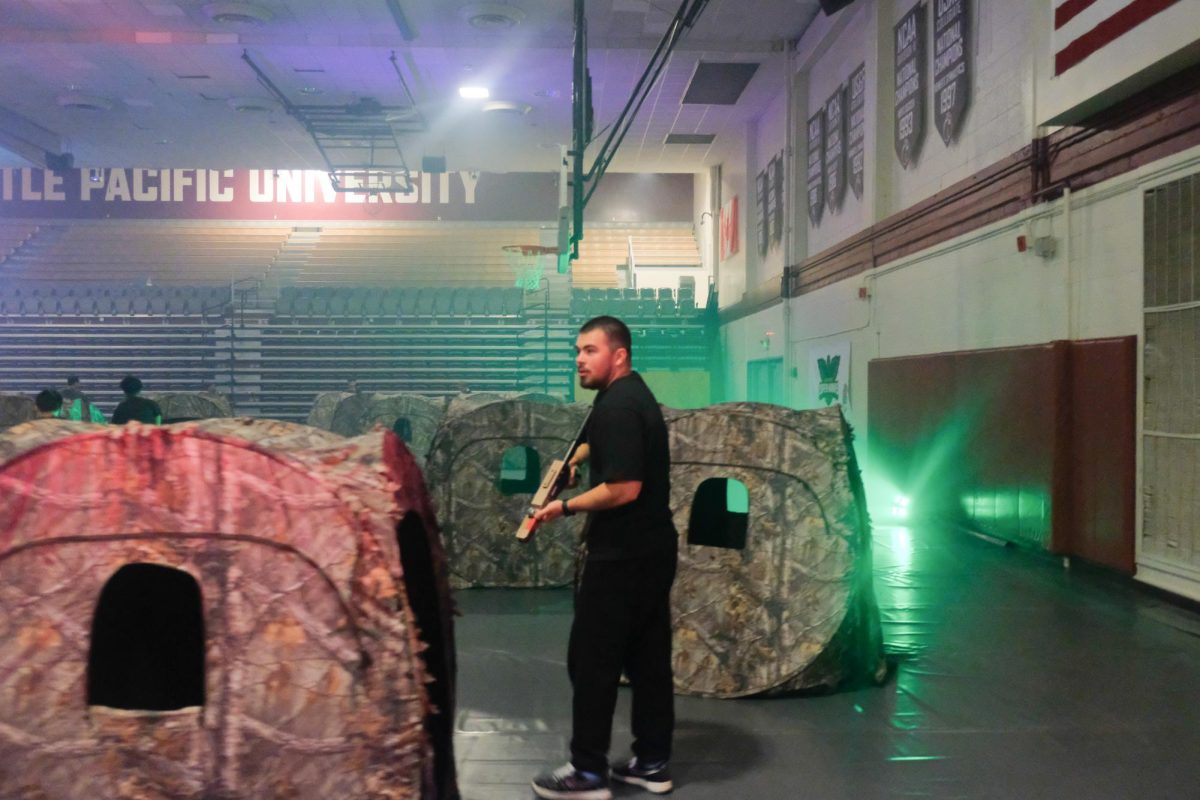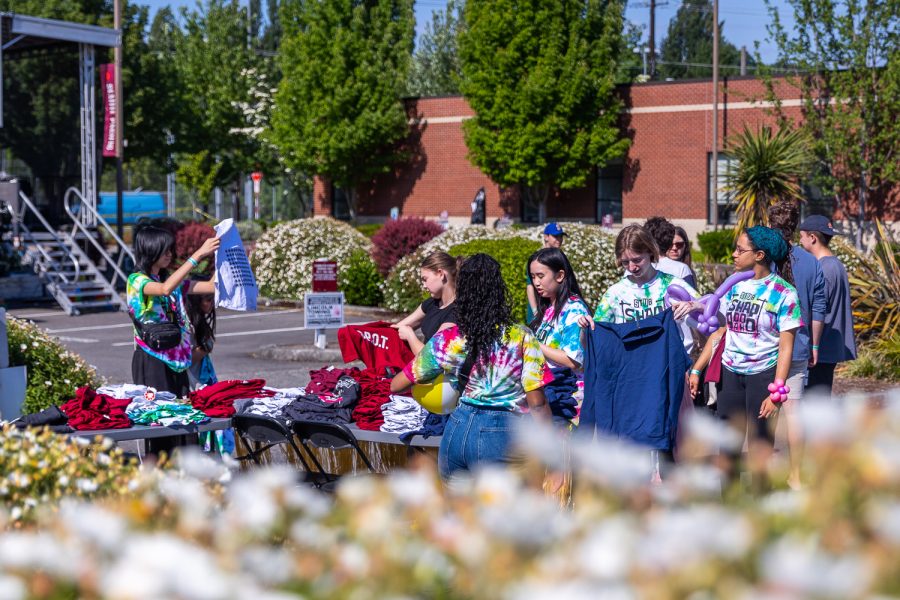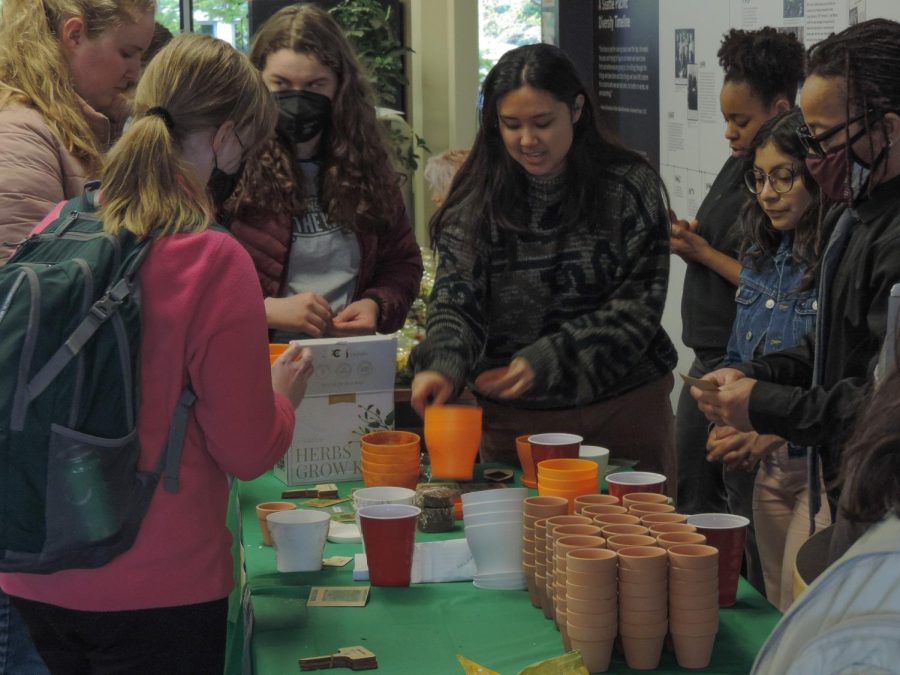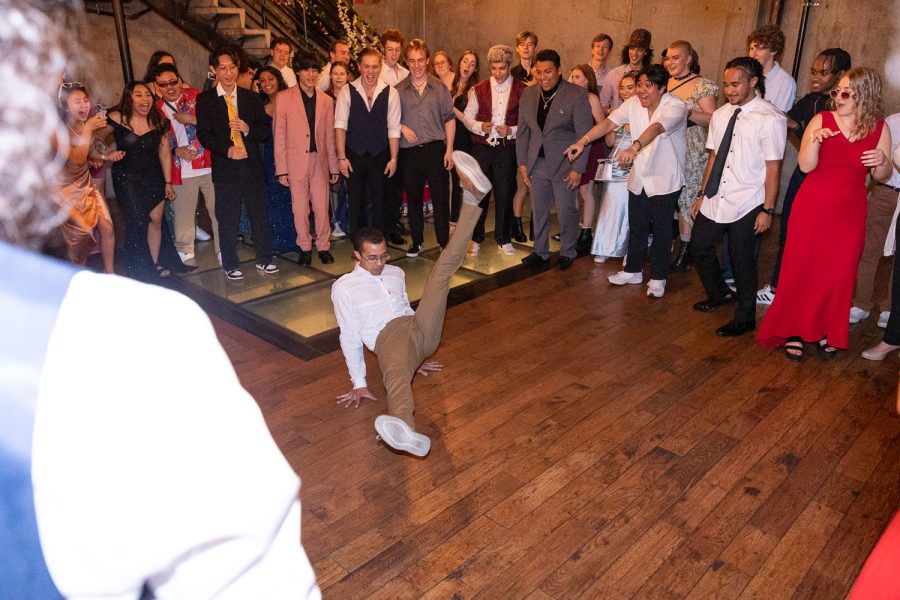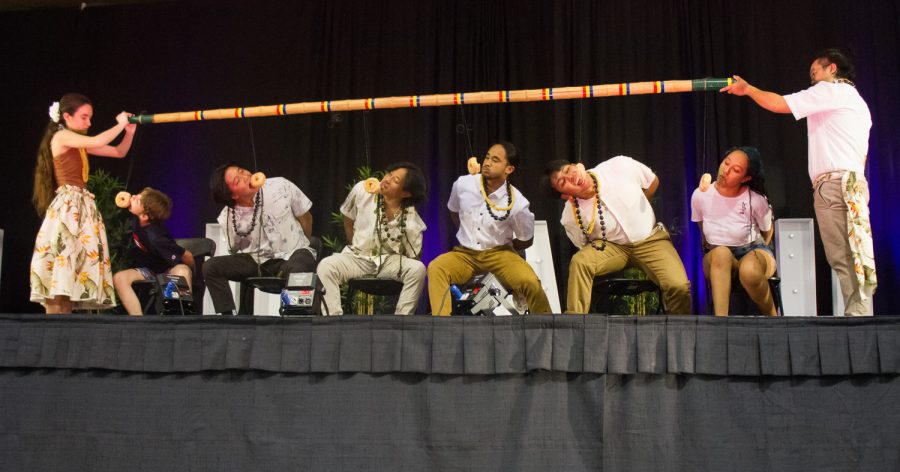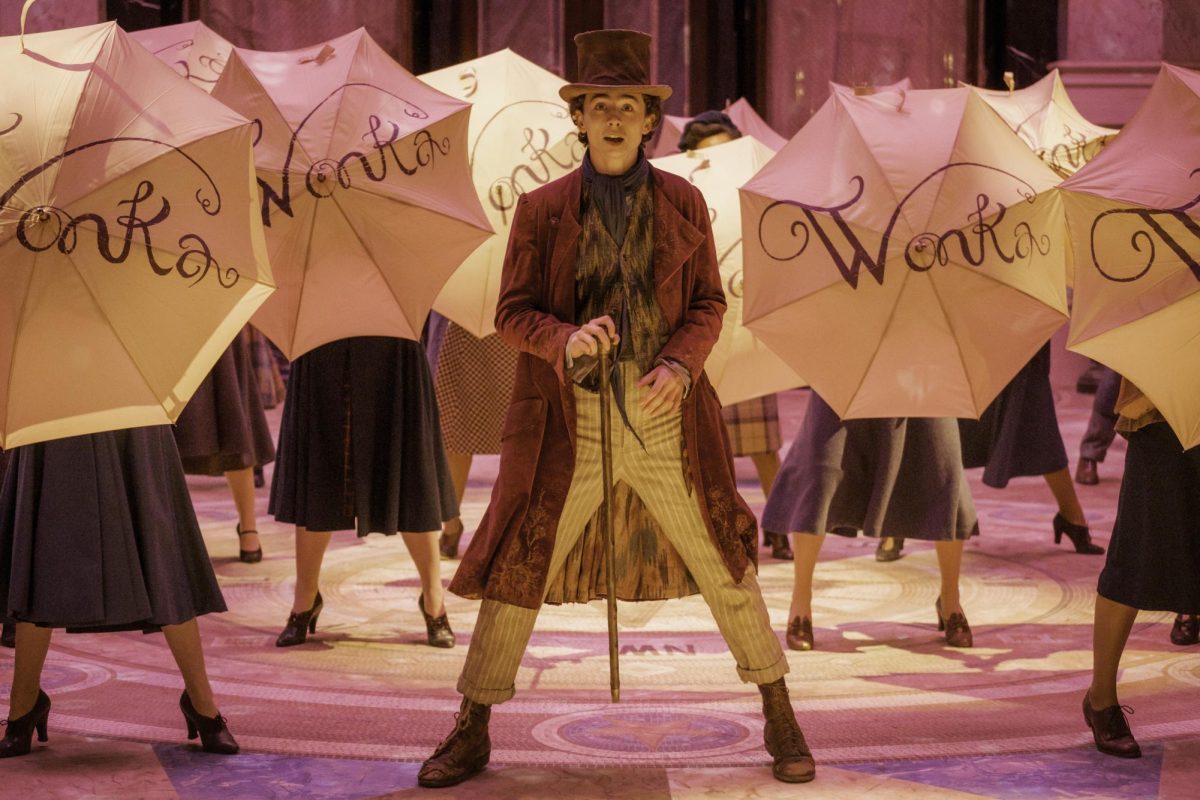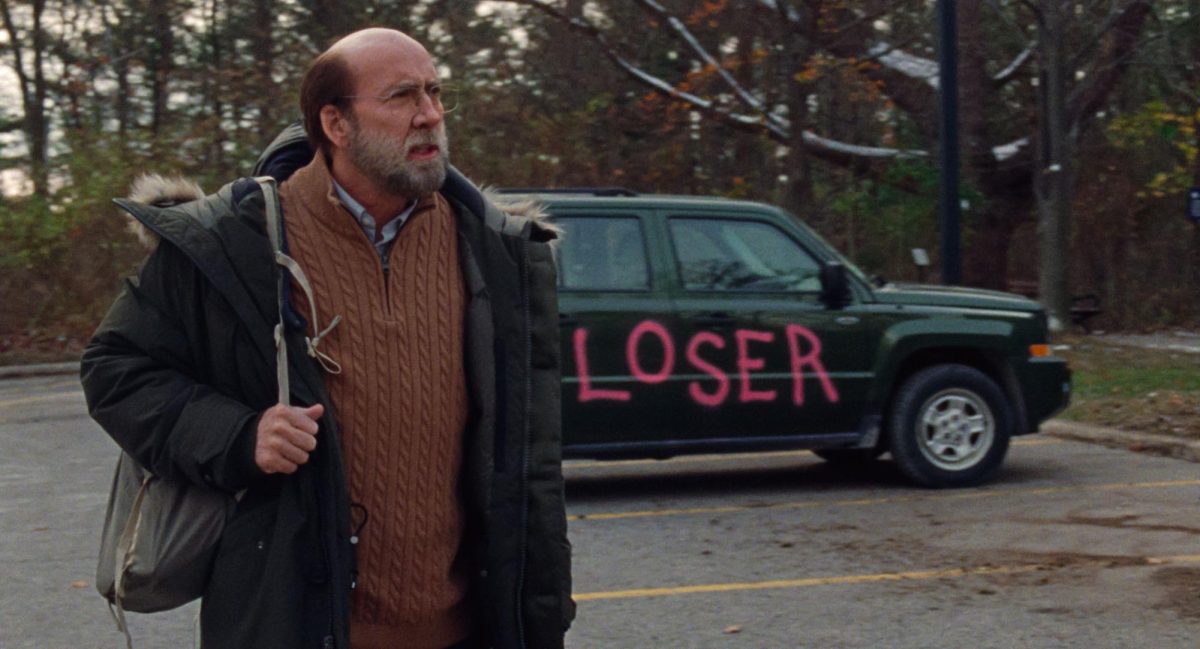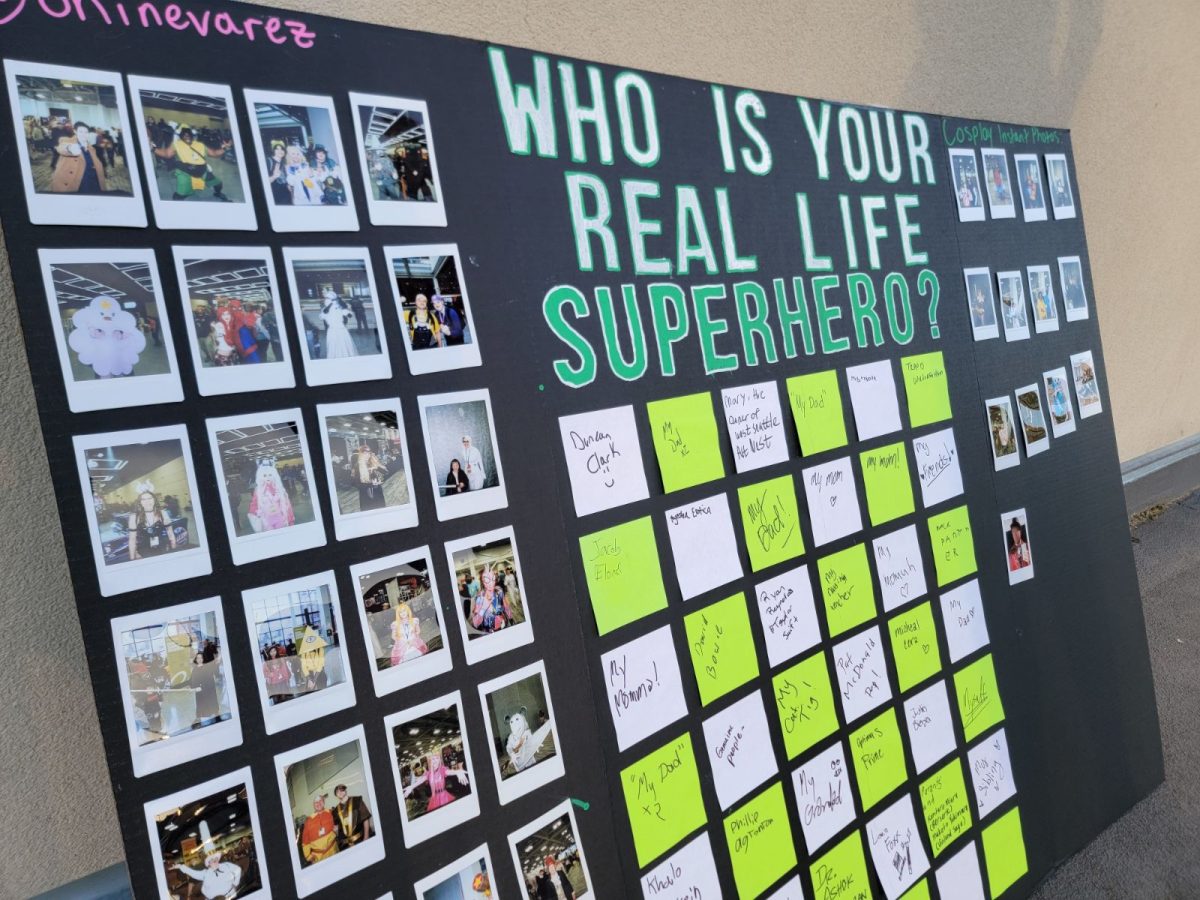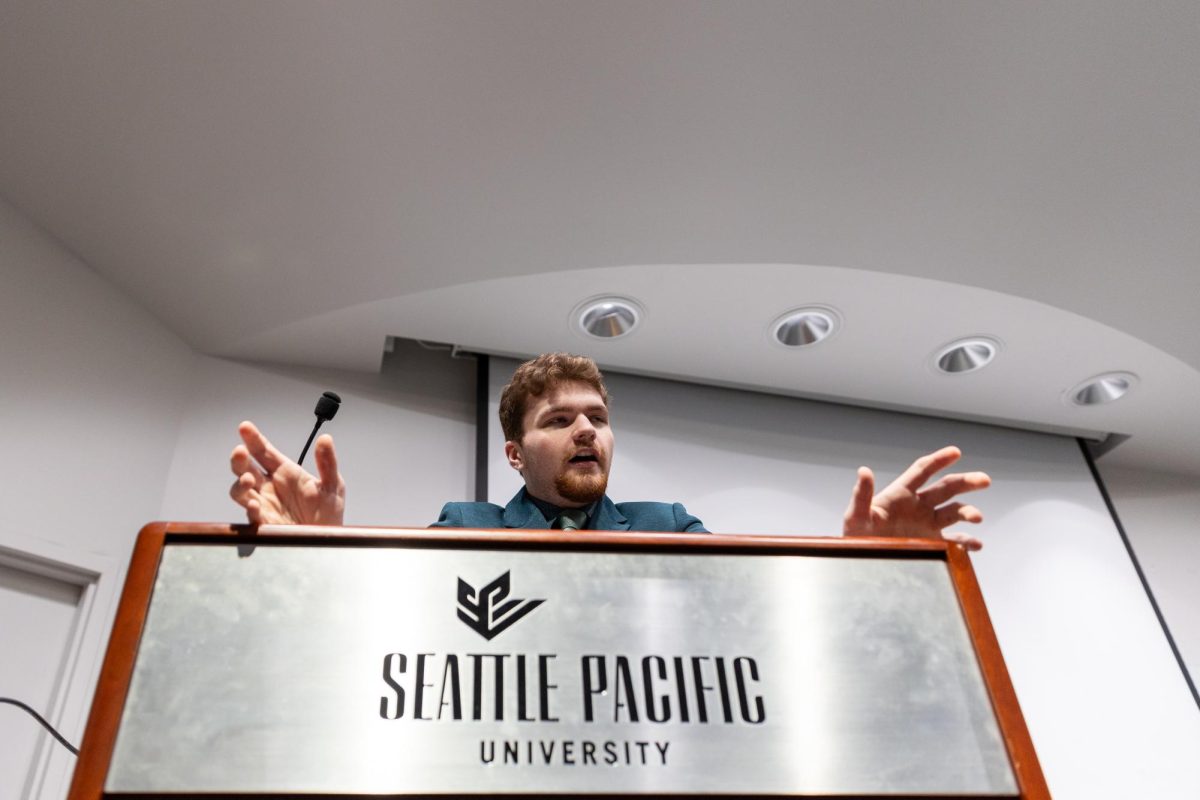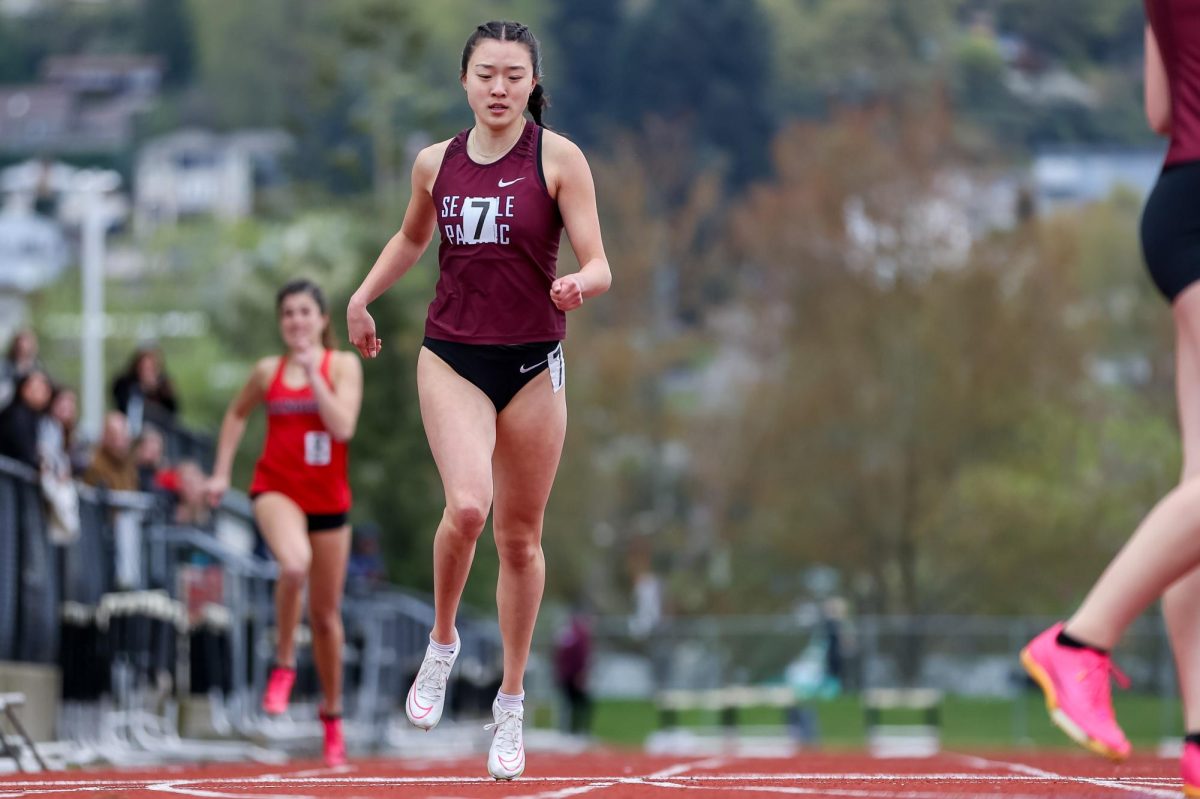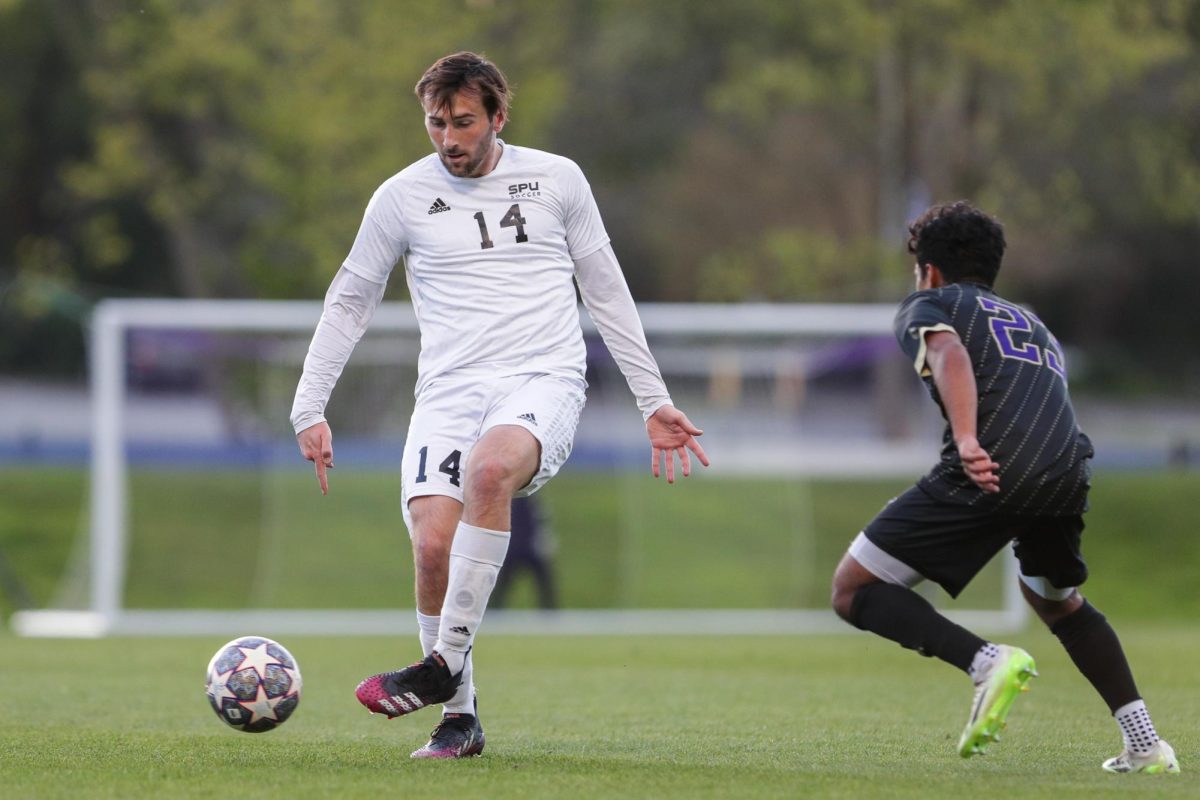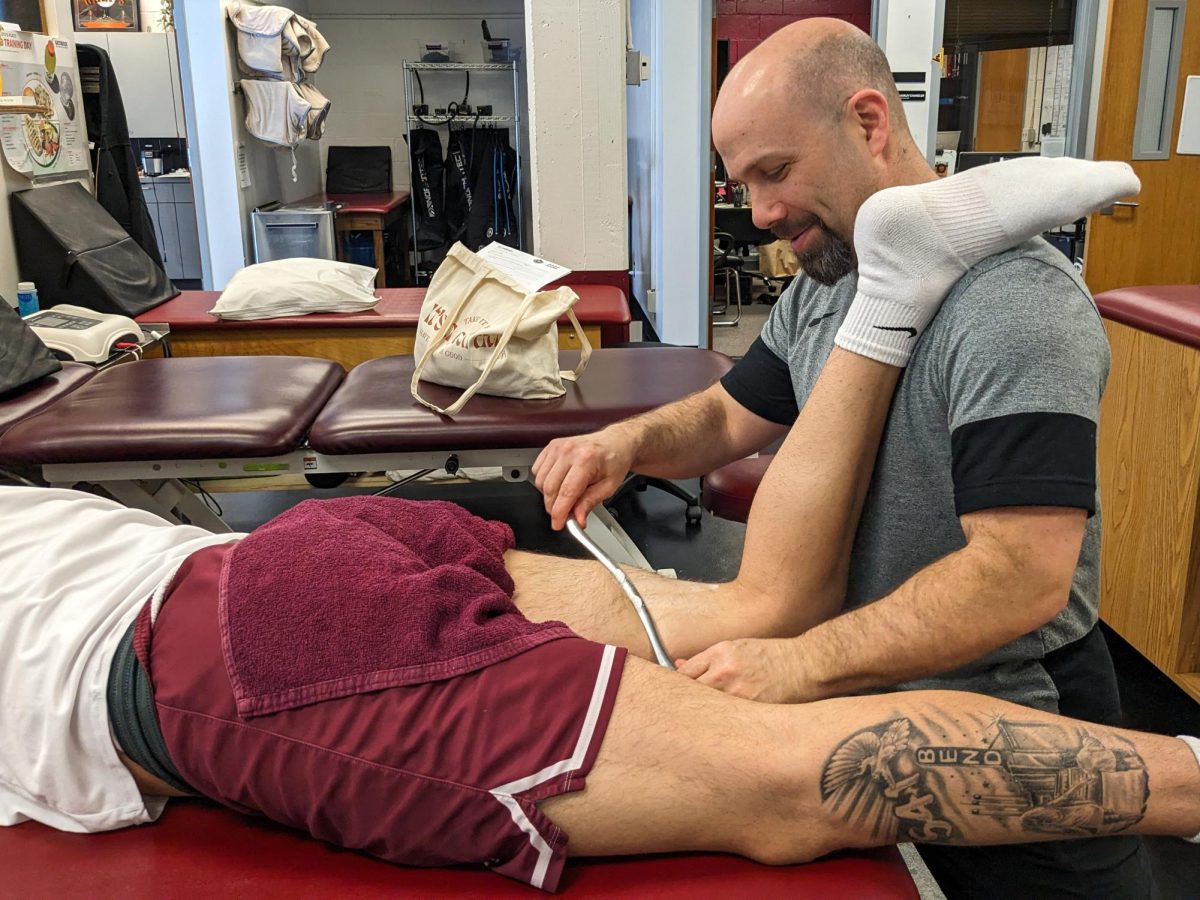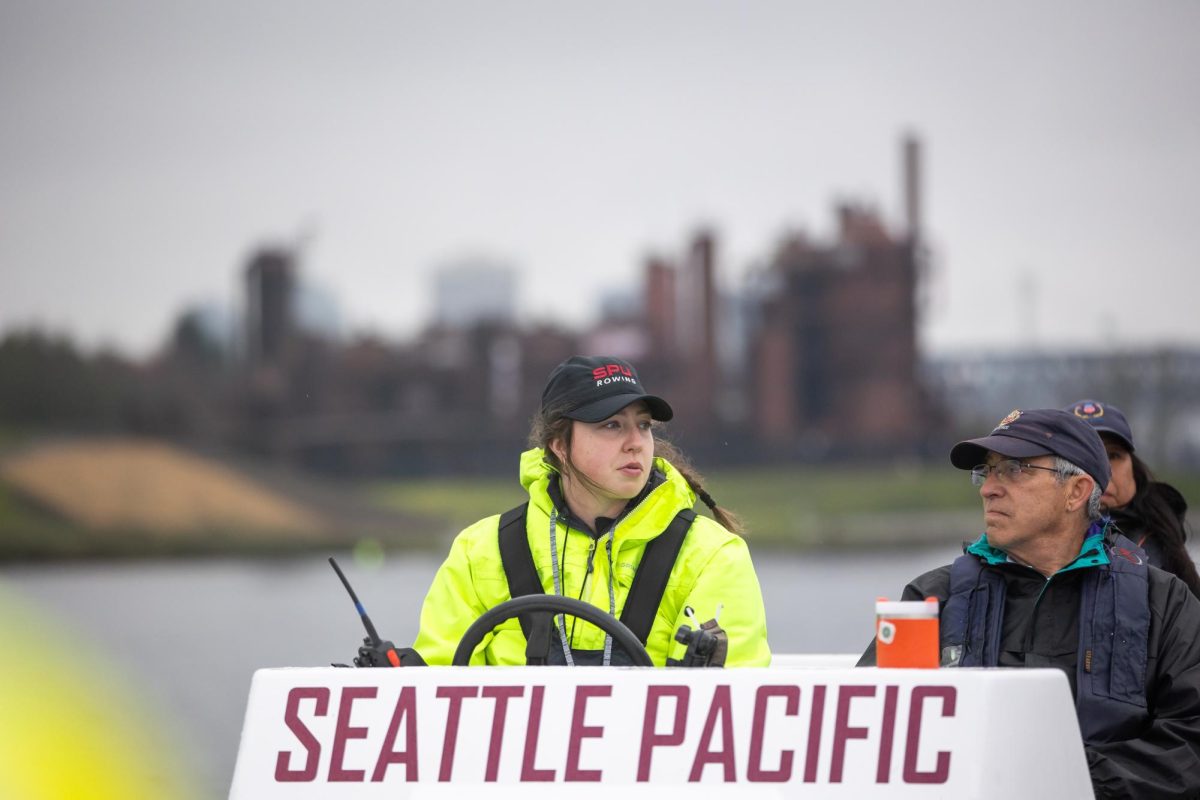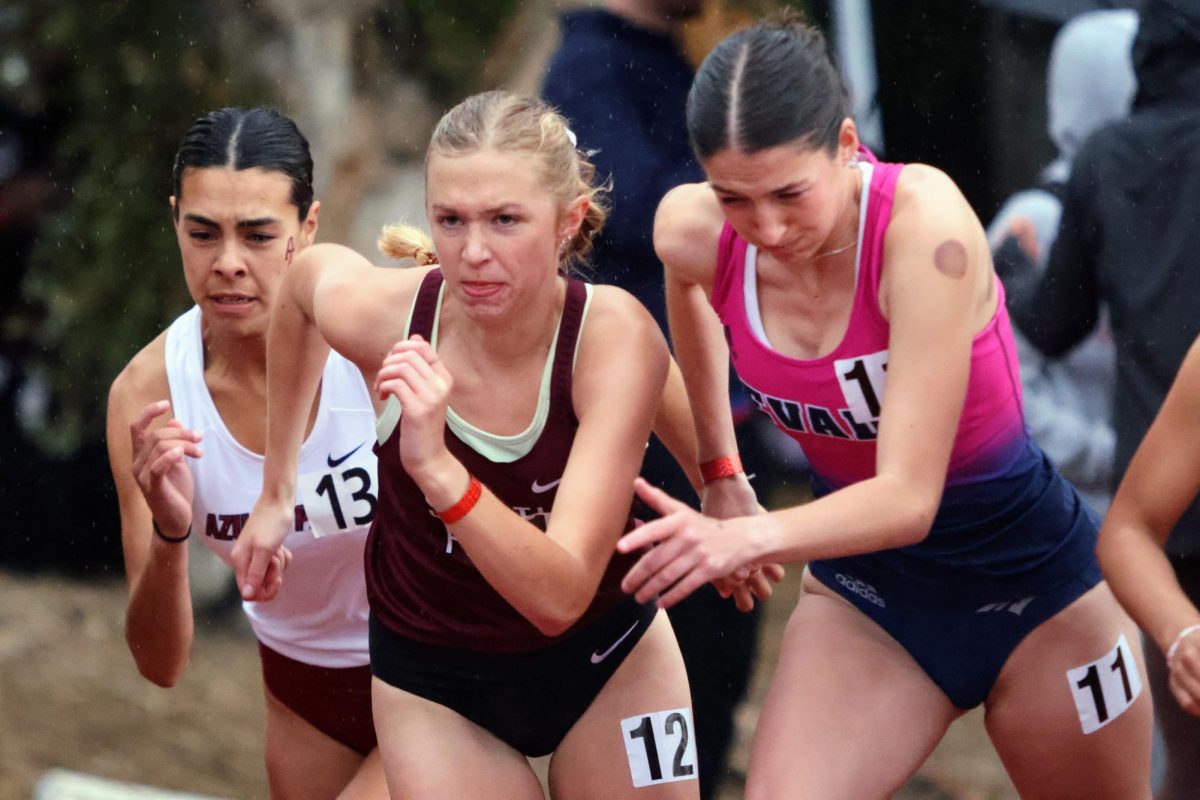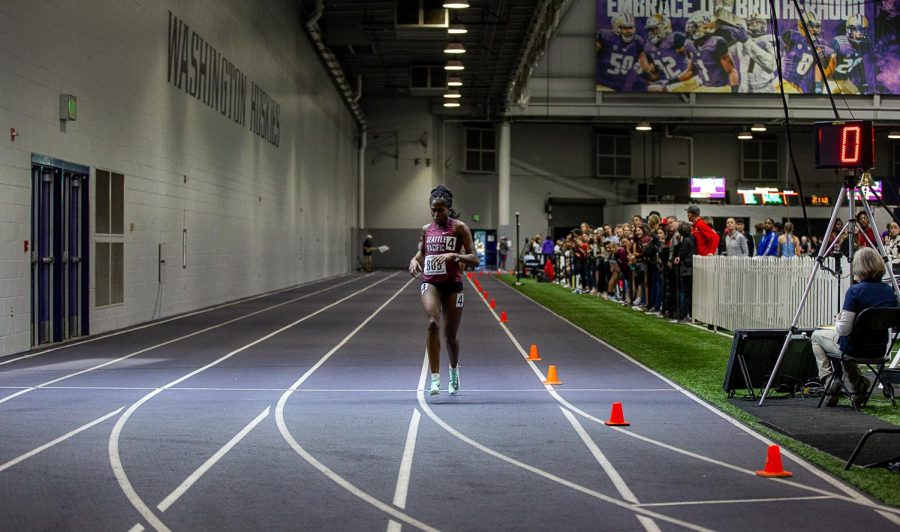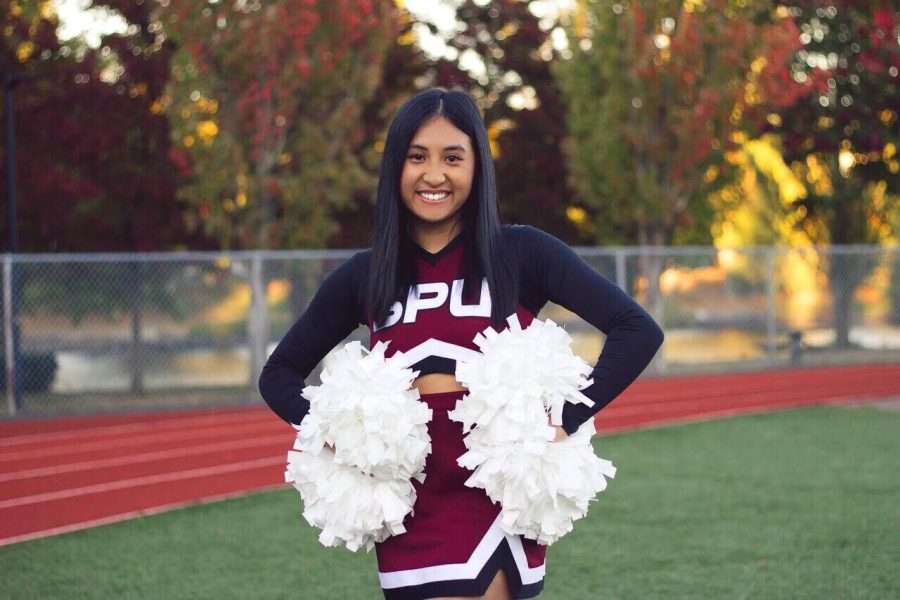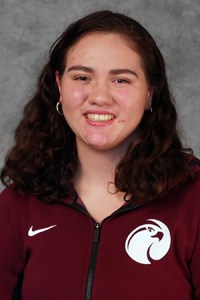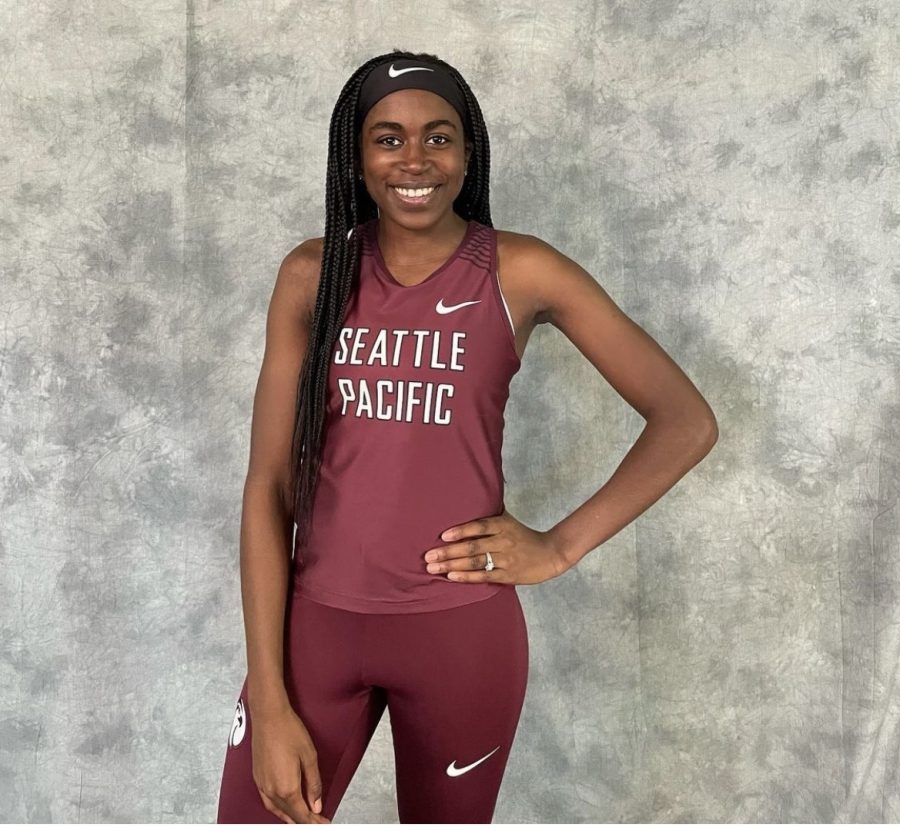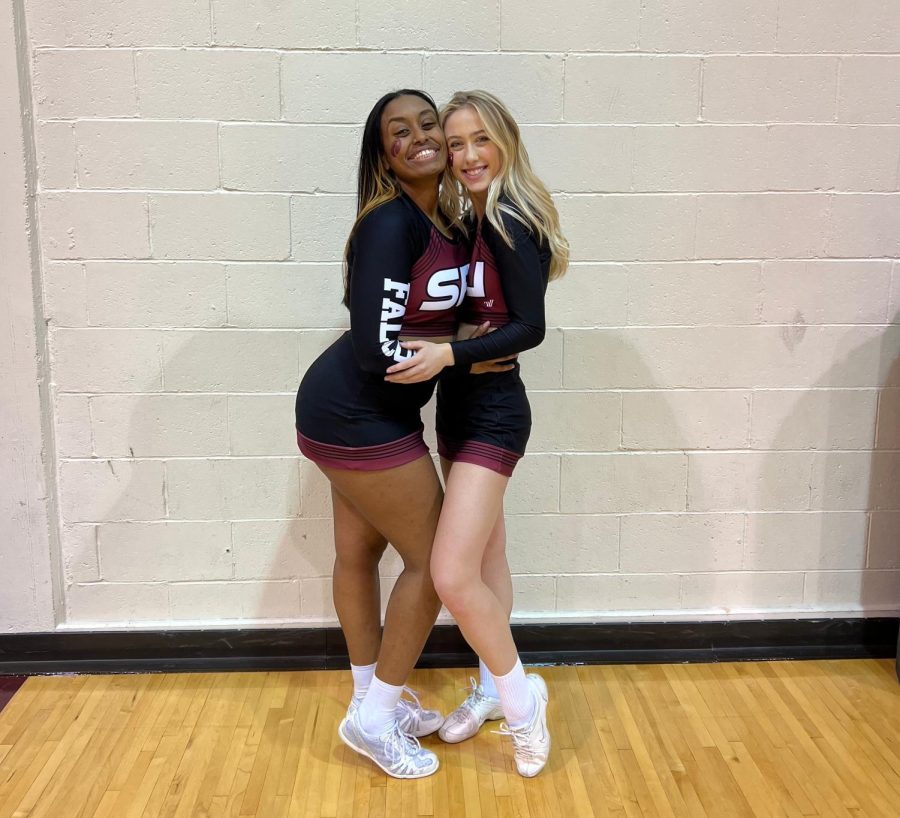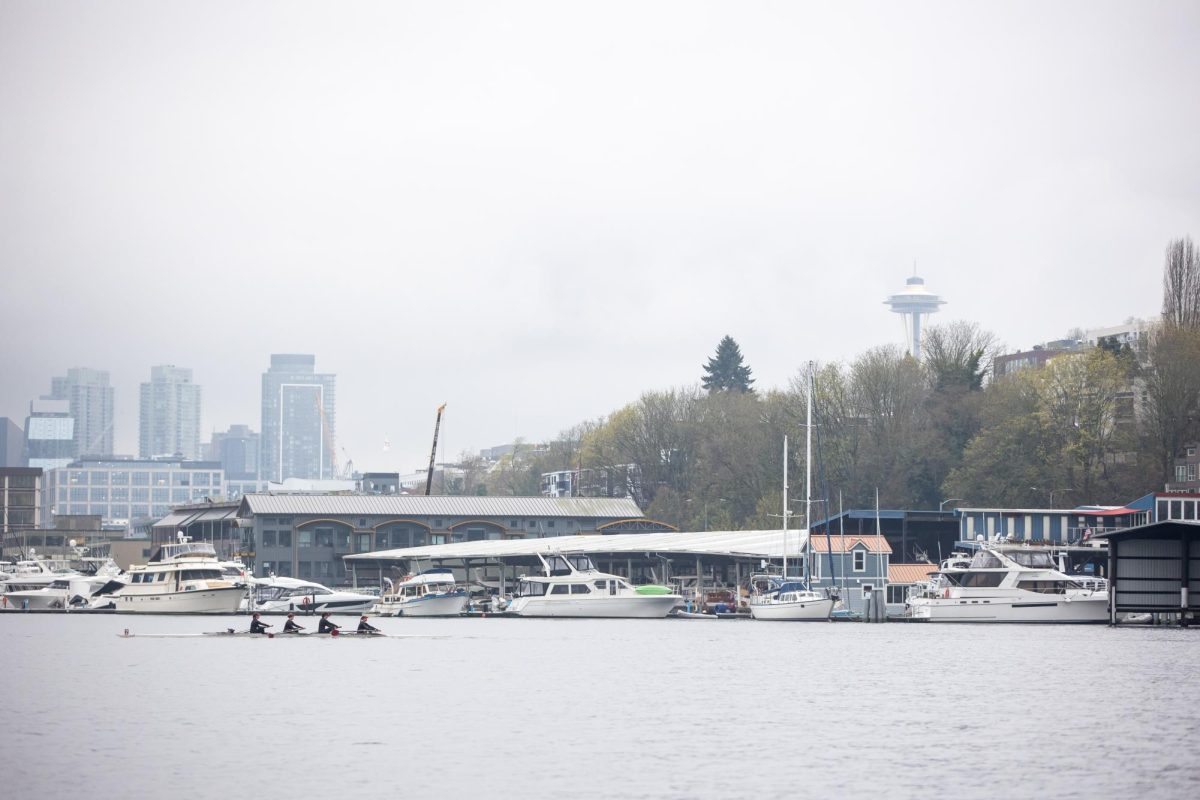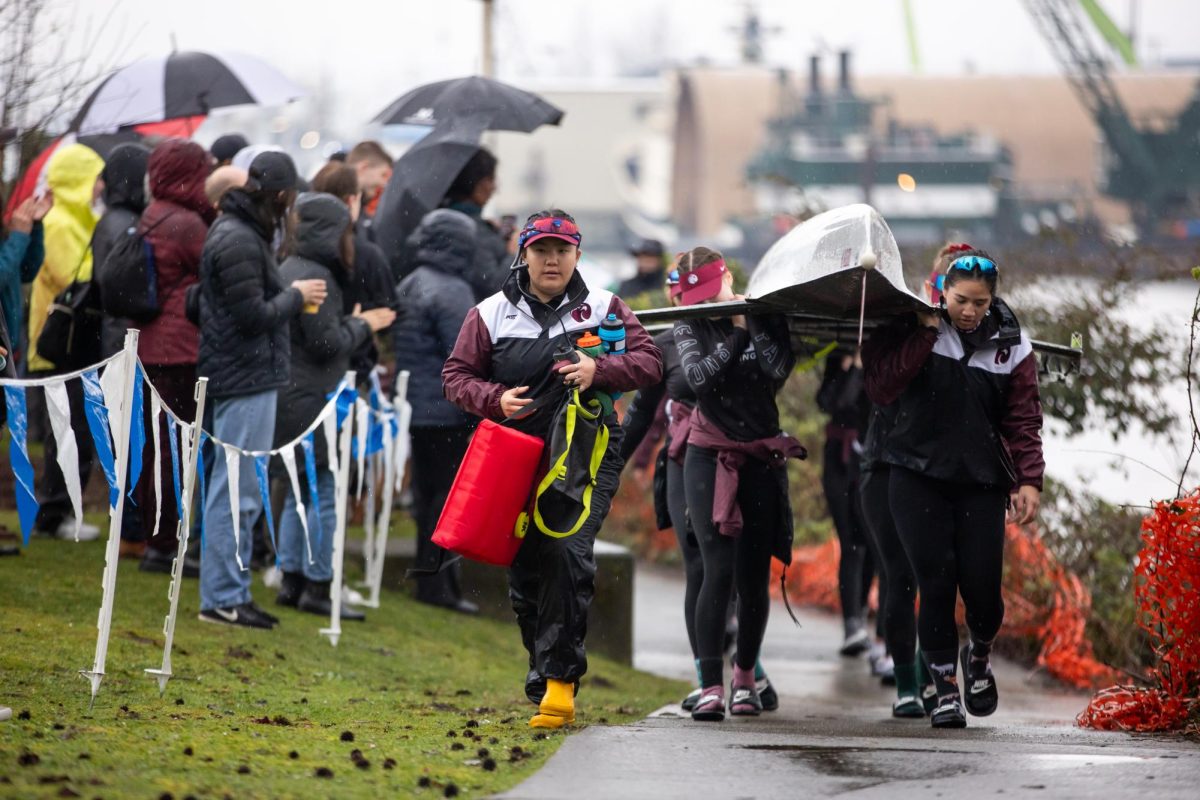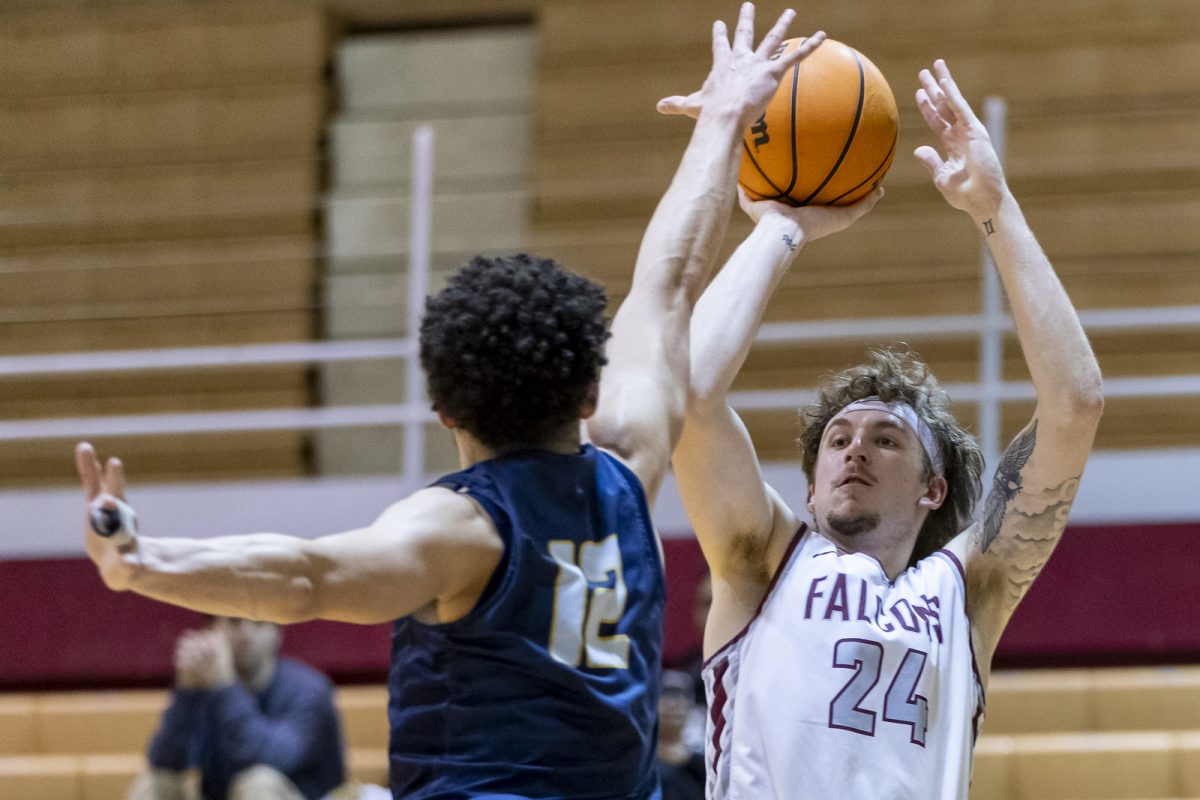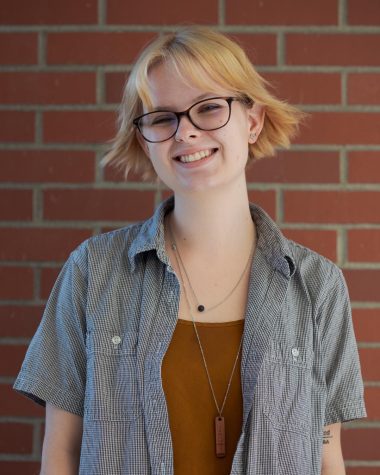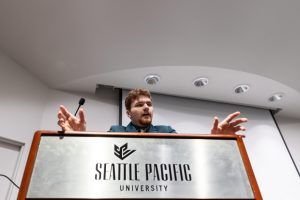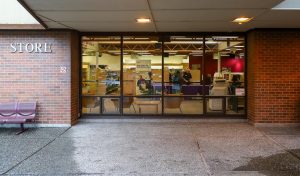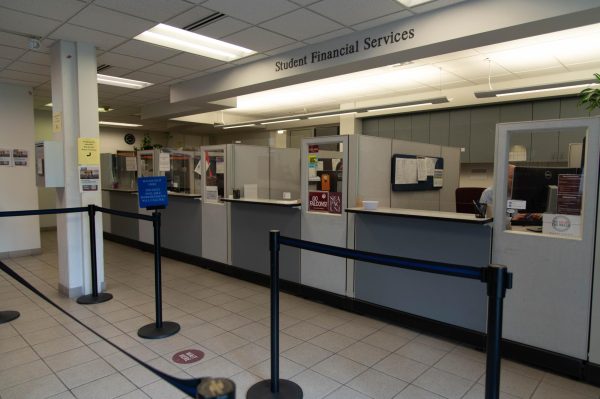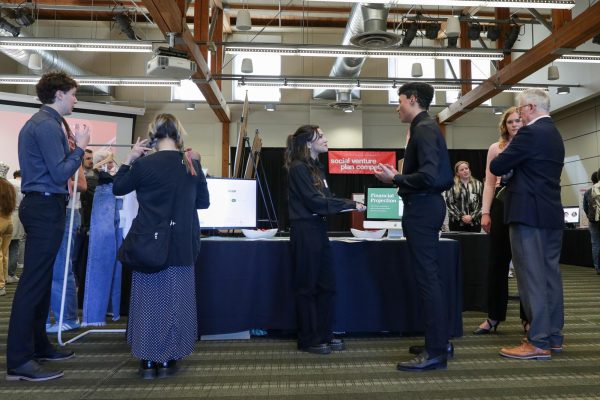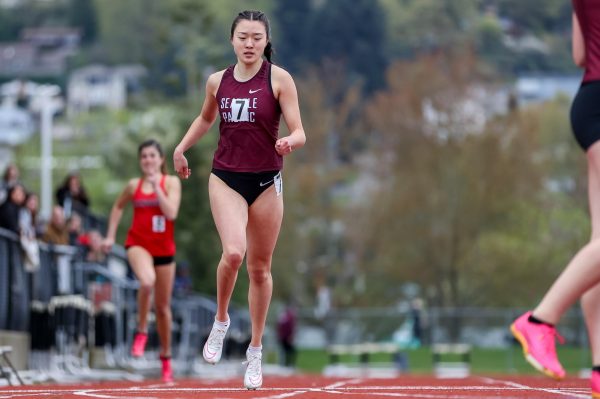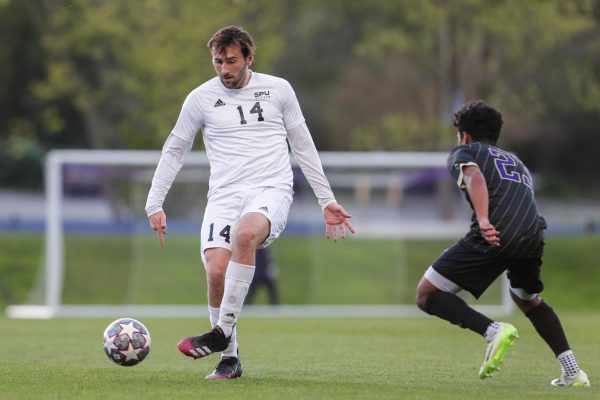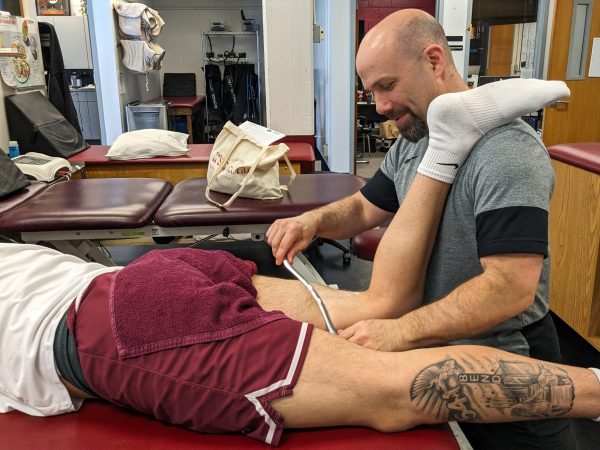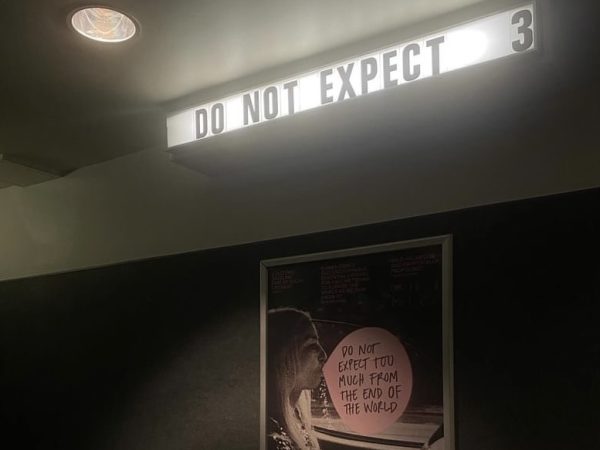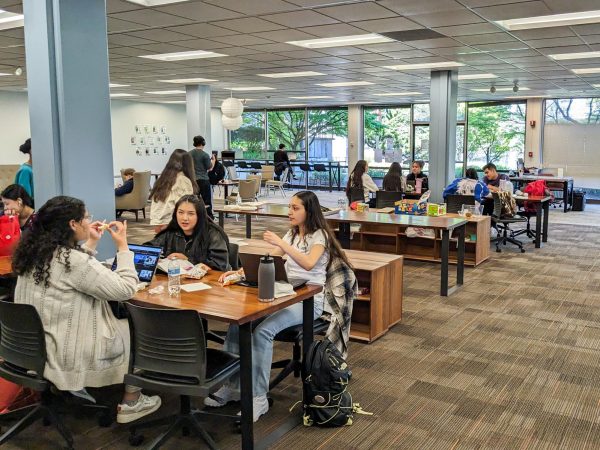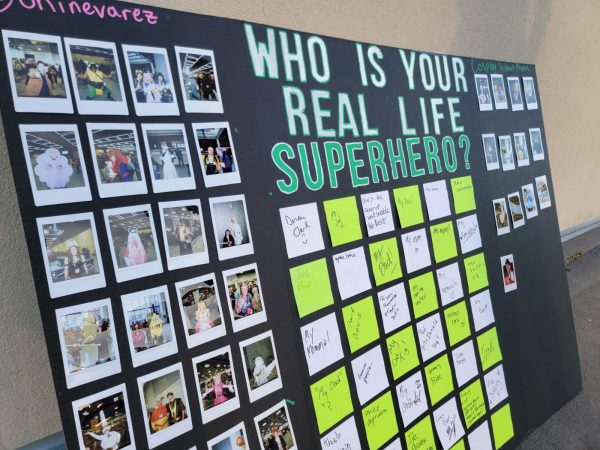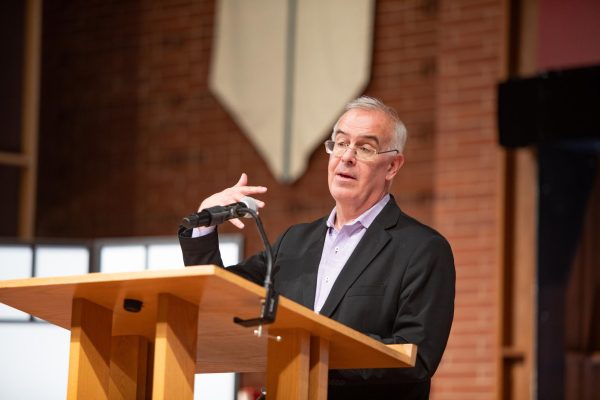Resident advisors build community in residence halls
Dorm communities connect in a new quarter of COVID-19 guidelines
September 29, 2021
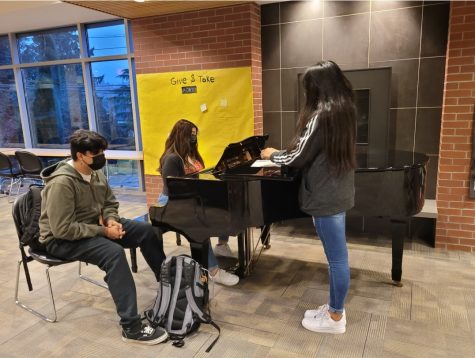
The COVID-19 pandemic has resulted in unique challenges, changes and creative ways to build community for students and resident advisors living on campus this year, starting with move-in day.
Kensington Montgomery, first-year theology major, said that move-in day was an easy avenue to connect with other students and find belonging early into the quarter.
“We had so many second-year students helping with move-in, it made the community feel automatic in a way. It made it really easy to connect with and meet new people,” Montgomery said.
She explained that her resident advisor has been an influencing figure in helping create connections within their residence hall.
“We’ve all gotten really close really fast, and our RA is amazing and really good at getting us connected,” Montgomery said.
Second-year nursing major Rachel Cyers, who lived on campus last year, said that the move-in process was much easier this time around.
With the loosened guidelines that helped to make the move back into student housing a better experience, Cyers explained that having her friends help her move in made it quicker than normal.
“It was much different than last year, last year was much more stressful. This year I was able to get a lot more help so it was super swift,” Cyers said.
Last year, the isolation that came with living on campus was difficult for many. For Cyers, this year has already been much more positive.
“Last year the COVID restrictions had a really large negative impact on my mental health. Like most people, I was stuck behind a screen. I burnt out really quickly because of the lack of social events and connections,” Cyers said. “I found it really hard to get out of my room and even talk to anybody. It was extremely draining. The school tried as hard as they could, but overall it had a negative impact.”
Cyers explained that this year, there are more opportunities to connect with other students around campus, through sitting down with colleagues at Gwinn, utilizing the residence hall kitchens, and attending events.
“This year I feel so much lighter. I feel so overjoyed that there are more opportunities to connect with people,” Cyers said.“It’s opened up a whole new dimension of college that we didn’t have last year.”
Many second-year students, like information systems major Chloe White, are living on campus for the first time in their college experience.
“Other than wearing masks, it seems like the college experience is back to normal,” White said. “I came on campus knowing one person and we happened to be put in rooms across the hall. I think because of her that’s how I’ve found a group of friends.”
Alexia Geffs, second-year student and resident advisor in Ashton Hall, described that the pandemic continues to make students concerned about living on-campus.
“I know a handful of commuters personally who are living at home due to health concerns. I think fewer students live on campus compared to a normal year,” Geffs said.
Many residence hall advisors have arranged events on their floors to bring students together and to provide opportunities for connection.
“Residence halls are consciously creating a welcoming and inclusive space while also providing different opportunities for residents to get to know each other through floor and hall events,” Geffs explained.
While this sense of community is building, the resident advisors still recognize their responsibility of enforcing pandemic-oriented guidelines that the university has put in place.
Geffs encouraged students to reach out to their resident advisors if they have concerns or questions regarding the current COVID-19 procedures.
“RA’s are trying to navigate this space with as much grace as possible. We definitely don’t enjoy having to act as the mask police for our residents, but we do what we have to do to keep everyone safe,” Geffs said.

